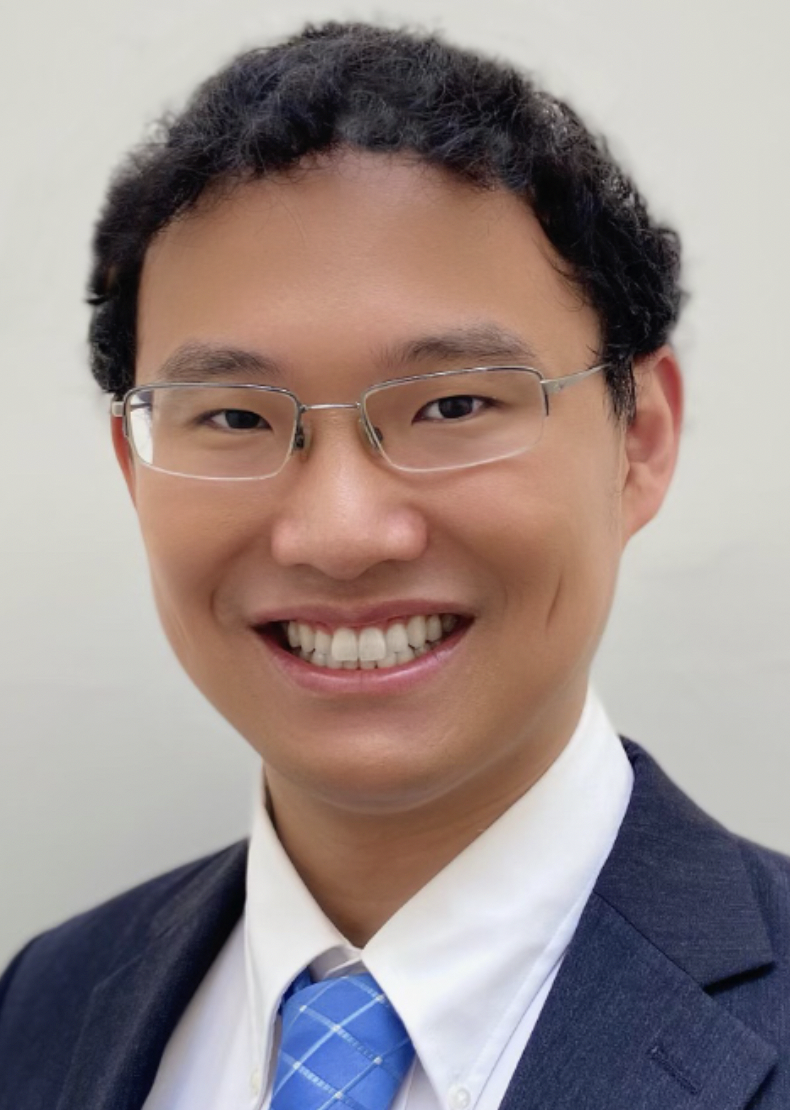Nearly every secondary application will include this question: "Why do you want to attend our school?" A unique answer can tip the scales towards acceptance, but this question can be one of the most time-consuming to answer since your response needs to be tailored to individual schools and thoughtful. The reason medical schools care so deeply about this question is because it can help them gauge their matriculation rates, which are then factored into many internal and external ratings, reflecting the school’s exclusivity and selectiveness. Thus, they want to hear compelling reasons for why you will choose them, as that will give them a better sense of how likely you are to matriculate into their institution. At Cambridge Coaching, we help you build a personalized profile for each of the schools you are applying to, with insider tips as to what each school wants in their candidate. Here are some examples of how we can help you articulately and specifically tackle this question:
Make it Your Mission to Learn About Their Mission Statement
Every institution has a mission statement that takes many great minds, time, and energy into crafting. For example, when I was interviewing for Georgetown Medical School, they emphasized their central theme of “cura personalis — care for a person’s psychological, spiritual, social well-being in addition to their physical well-being”. This focus on holistic care was emphasized on their website and on interview day. It was clear that their ideal medical students had already been embodying this concept throughout their pre-medical years and would be expected to continue this into medical school. While all institutions want to train excellent physicians who are able to provide care to patients, their mission statements can differ offering insights into what their focus is when recruiting students. To juxtapose, Harvard Medical School’s mission statement focuses more on diversity, inclusion, and excellence in scholarship and leadership: “To nurture a diverse, inclusive community dedicated to alleviating suffering and improving health and well-being for all through excellence in teaching and learning, discovery and scholarship, and service and leadership.” Here, you can see that Harvard is looking for diversity of student body, both in terms of making a community of those from different backgrounds while focusing on teaching, research, and leadership. This is all to say, take care to note each medical school’s mission statements when responding to this prompt—think mission statements as a framework for the institution’s ideal medical student, and use that as a jumping off point to brainstorm, craft, and weave your own narrative of what you have done and hope to accomplish.
Logistics, Logistics, Logistics
The importance of various logistical factors cannot be understated. For instance, one of the main reasons why in-state admission rates are nearly universally higher than out-of-state is because schools know that students are more likely to stay local for medical school, a statistical fact that has been true for decades. While medical school is rewarding, it can also be challenging which means that social supports can be invaluable. Therefore, you should emphasize any geographical ties to the area or institution. This includes not only family ties, but also ties to the community through work or volunteer experiences. For instance, if you worked in a lab at that institution, you should emphasize that you have mentors and friends through that experience, and how you would like to nurture and expand your community while in medical school. Even if you do not have direct connections to the school you are applying, you can find similarities between where you have been and hope to go. For example, if you have lived in urban settings or worked with underserved communities, you can utilize that as a tie to the institution and surrounding community you are applying to.
A Bridge Through Extracurriculars
You can also use extracurriculars as a foundation to make connections to the institution. A common example for many students is that they have done research or clinical work; when looking at institutions, find mentors that match up your research or clinical interests that you can then mention specifically. In this vein, make sure you do your research so that you are prepared to discuss this point enthusiastically. You can also feel free to reach out to these mentors during the admissions cycle to learn more and convey interest. There are also other ways to make sure that extracurriculars are translatable, so make sure you are able to connect your previous experiences to future ones at particular institutions. For example, when I applied to Harvard Medical School, I was excited about the student-run free clinic (given my past volunteer program at a local free clinic). Thus, during my essays (and interviews!), I made sure to highlight my previous accomplishments and showcase my excitement for this new opportunity at Harvard. Four years later, I am now serving as an Executive Board Member of the student-run free clinic. Institutions want students who are able to plan ahead, consider the specific opportunities offered, and convey their passions genuinely. Bringing those elements together using this common secondary question can help your application stand out.

Comments